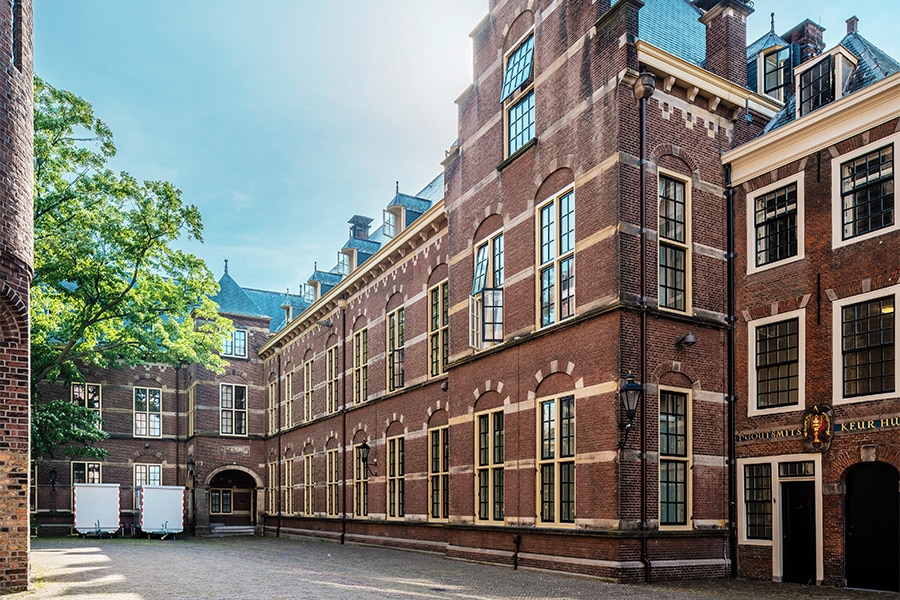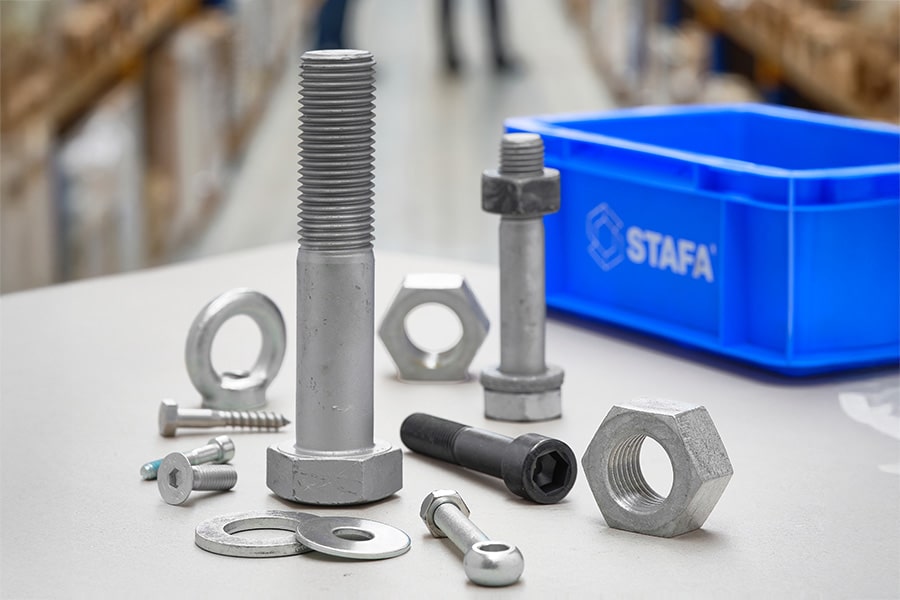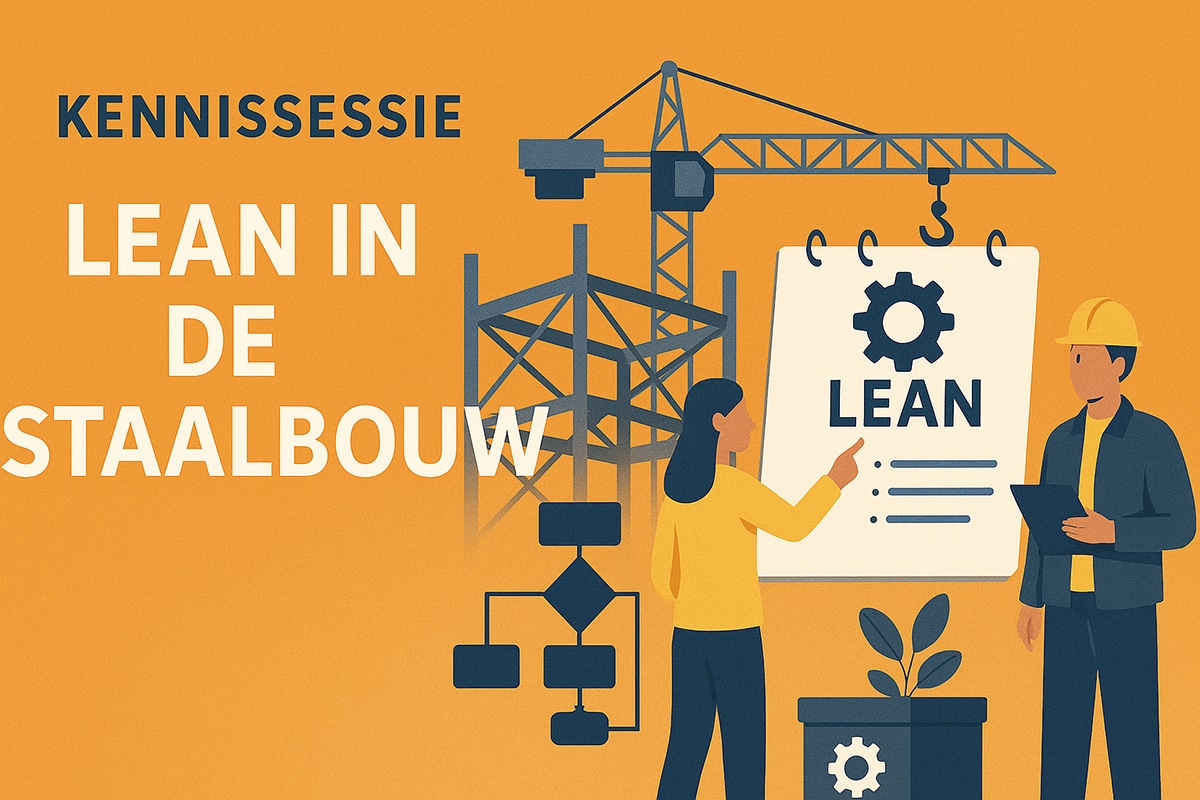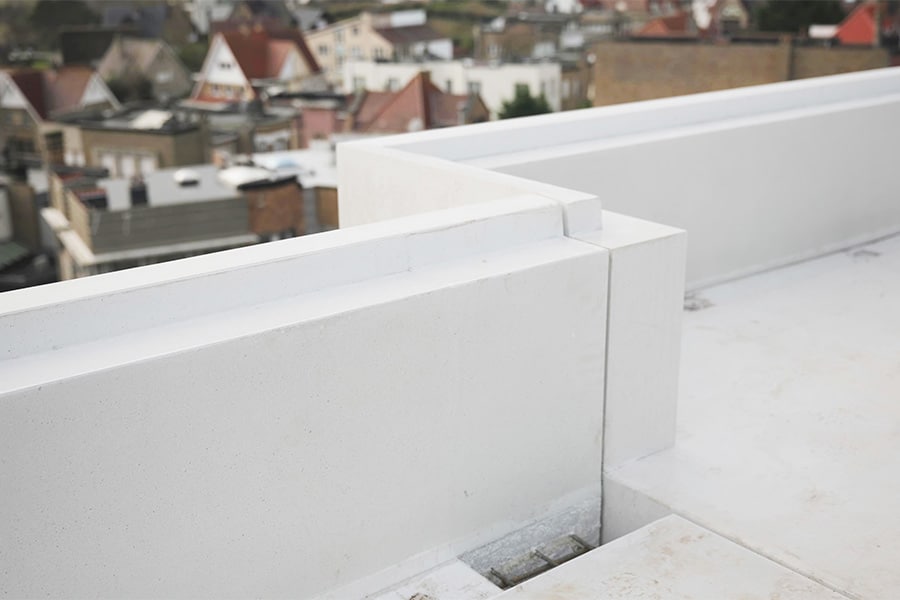
Knowledge transfer within the foundation engineering industry could be better!
Interview with Prof. Ir. Frits van Tol
Although already retired, his interest in the field has certainly not been lost. And, as it almost always goes with emeritus professors, they are actually still quite active. The same is true of Prof. Ir. Frits van Tol. In recent years, the common thread of his public discourse was clear: there may be concerns about the fact that the knowledge about foundations and foundation engineering is actually present in the Netherlands, but too often, unfortunately, it is not properly applied or transferred. "In our partially empirical field, it is essential to have experience. That is actually there, but it is in too few people. Therefore, I fear that the transfer of knowledge for the future is somewhat at risk anyway."
"Yes, I did always try myself during the period when I was still lecturing at the University. Of course, that was also my job. Knowledge transfer is the essence there. But, of course, knowledge transfer is not only limited to the lecture tanks, teaching and targeted courses, but a lot of knowledge is also transferred on the shop floor, if it's good. What you now see in the labor market, however, is that many young (and talented!) experts no longer want to be tied to one employer for so long. They hop from one job to another faster and then often leave the field. Corporate cultures in 2021 are completely different from - say - twenty or thirty years ago. Of course the hoppers take their stories with them, but reasoned the other way around: those stories - and thus the experiences and insights gained, which are not always literally on paper and sometimes also have to do with a 'feeling for the profession' - do leave the companies in question, which are thus actually saddled with a new knowledge gap."
According to Van Tol, this ultimately affects failure costs as well. "The ground-related failure costs associated with foundation challenges are actually still happening on a daily basis. Those are too high. And, if there's one thing that an entrepreneur or company in our industry wants to hear, it's how to lower their failure costs. So that's where my concrete appeal lies: consider how you can keep the knowledge acquired by your own employees inventive yet within your own organization. And, stimulate your own inventiveness and innovation. Do we know, for example, that the men who do the 'dirty work', who literally sit on the pile-driving and drilling machines, have a lot of feeling and knowledge? A machinist should be looked after. His craftsmanship on site at the construction site is an important basis for excellent foundation work."
Van Tol raises another point that could actually be improved in the Netherlands. "I am talking about the certification of foundation techniques. Actually, that is a reproach I lay at the feet of the large clients. They are not waiting for rules on the market. They only cost too much money. I fear that this will also come at the expense of quality."
"By the way, don't get me wrong: I think - in general - that we in the Netherlands - also compared to the countries around us - are still doing quite well. Of course, our local soil structure here is also quite unique. We have developed quite far and well but ... we have to keep that process going. Effective knowledge retention and transfer remain the essential points of attention as far as I am concerned!"



